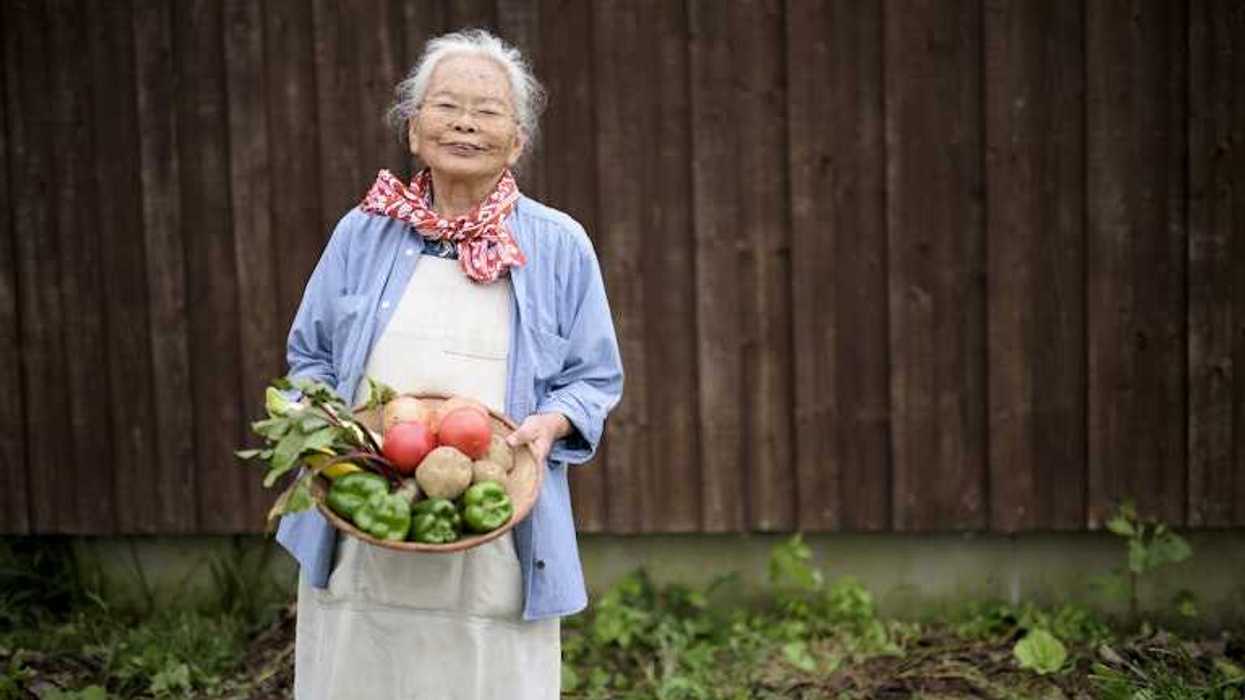Keven Stonewall is just 19 years old, but this overachieving student has already proven his age doesn’t dictate the limits of his contributions. While still in high school, the Chicago-area teen put in time researching at Rush University to pursue a cure for the affliction. Last summer, he researched at the University of Wisconsin, where he’s currently a sophomore. As one would expect, Stonewall’s youth had proven an obstacle in being taken seriously early in his career, but now serves as a new source of problems, as he’s made a name for himself on the University of Wisconsin’s campus as “colon cancer guy.”
Speaking to DNAinfo for a feature on the promising student, Rush University lab manager Carl Ruby says that Stonewall’s quiet progress should be recognized more than it has been, stating that Stonewall “should be heralded for helping to develop more effective colon cancer treatments that will impact the elderly, the population that is most susceptible to colon cancer. He has all the tools. He will go far."
In fact, he already has. Three years ago, he gave his first TED Talk at Wisconsin, titled “Finding a Breakthrough to Fight Colon Cancer.”
Keven started his colon cancer work prior to his senior year of high school as an intern at Rush University three years ago. After conducting his own research and reviewing existing studies, he started to investigate whether an agent used in chemotherapy could kill off cancer cells without the toxic side effects produced by the caustic treatment.
Using old and young mice as subjects, Stonewall injected a vaccine consisting of mitoxantrone, then injected cancer cells. After three days, he noticed that the cancerous tumors the young mice quickly developed were eliminated completely, but the tumors in the older mice remained and grew as they would have if untreated. While these developments showed promise for the treatment in general, Stonewall has dedicated himself to finding the reason for the different effects on young and old mice, since over two-thirds colon cancer sufferers are elderly.
Andrew Zloza, a Rush University professor and co-director of the school’s HIV and Cancer Scientific Working Group, explained the next steps. "This means that age may have to be a factor when physicians choose which drugs and what dosage to use in people of different ages. This is something already taken into account for children versus adults, but now adults may need to be separated into groups by age," he said.
Stonewall finds his notoriety to be a mixed blessing. "It's weird at times having that title, and sometimes I feel I shouldn't be given a title. But it's also kind of cool at times because people actually look at what I'm doing, and it feels really good in my heart,” he says.
His work in high school earned him six scholarships in his collegiate pursuits, and he’s certainly making the most of the unique opportunities afforded him at his young age. He’s returning to Chicago this summer to continue his study of colon cancer at the University of Chicago, and he plans to parlay his undergrad work into a medical career as an oncology doctor.
Even at 19, he’s learned enough about the scientific process not to expect things to happen overnight. Years of studies, trials, and further research are in store for Stonewall and his work. But he’s clearly focused on his lofty goal in the long term. He’s already made believers out of his coworkers, with his mentor Valyncia Raphael at Wisconsin sharing her high hopes, saying, "His goal is legitimately to cure cancer. Everybody in the Posse [Foundation] looks at Keven as a person who's going to legitimately change the world."
Still, Keven’s taking a measured approach to his meteoric rise thus far:
















 Regular exercise and a balanced diet are cornerstones to aging well.
Regular exercise and a balanced diet are cornerstones to aging well.


 Oral Wegovy pills were approved by the Food and Drug Administration in December 2025 and became available for purchase in the U.S. in January 2026.
Oral Wegovy pills were approved by the Food and Drug Administration in December 2025 and became available for purchase in the U.S. in January 2026. Despite the effectiveness of GLP-1 drugs for weight loss, there is still no replacement for healthy lifestyle patterns, including regular exercise.
Despite the effectiveness of GLP-1 drugs for weight loss, there is still no replacement for healthy lifestyle patterns, including regular exercise.


 What foods would you pick without diet culture telling you what to do?
What foods would you pick without diet culture telling you what to do?  Flexibility can help you adapt to – and enjoy – different food situations.
Flexibility can help you adapt to – and enjoy – different food situations.
 Anxious young woman in the rain.Photo credit
Anxious young woman in the rain.Photo credit  Woman takes notes.Photo credit
Woman takes notes.Photo credit